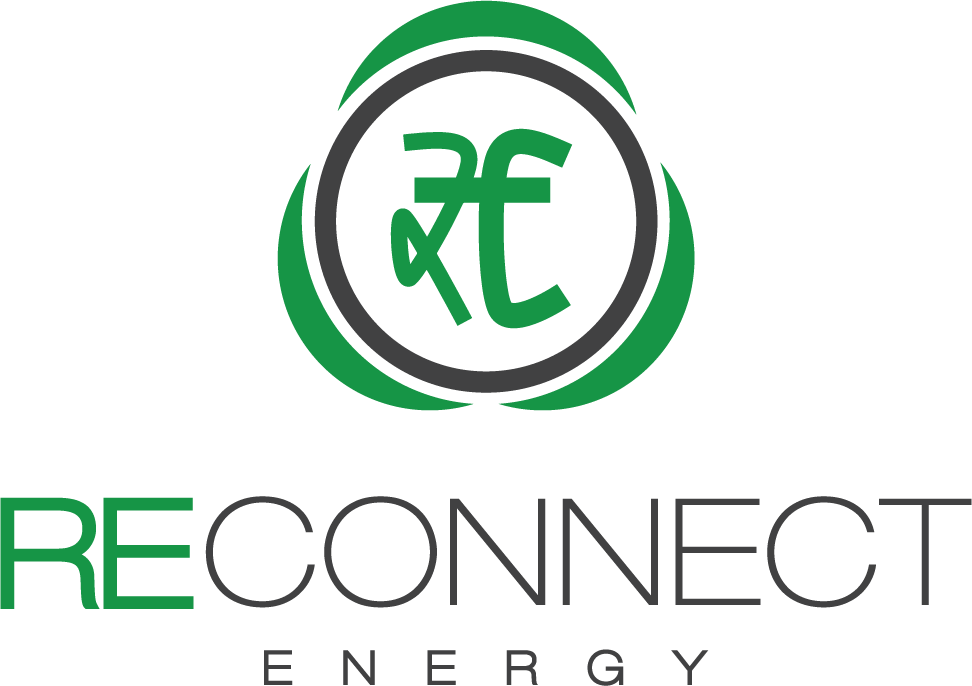Chhattisgarh notifies draft Renewable purchase obligation regulation for 2021-2026
Keeping in view the letter of Ministry of New and Renewable Energy (MNRE) to align RPO trajectory with Government of India’s trajectory(for details, please refer this link), Chhattisgarh State Electricity Regulatory Commission notifies Draft Chhattisgarh State Electricity Regulatory Commission (Renewable Purchase Obligation and REC framework Implementation) Regulations, 2021, for the period 2021-2026. The regulations are set to come into effect from April 1, 2021. CSERC have invited comments and suggestions by 08/04/21 and the public hearing is scheduled on 22/04/21.
Under this regulation, proposed Minimum quantum of electricity to be procured by Obligated Entity as percentage of total consumption are as follows:
|
Year
|
Solar RPO
|
Non Solar RPO |
Total RPO
|
|
| HPO | Other Non Solar RPO | |||
| 2021-22 | 10.50% | 0.18% | 10.50% | 21.18% |
| 2022-23 |
As specified
by Central Government from time to time |
0.35% |
As specified
by Central Government from time to time |
As specified
by Central Government from time to time |
| 2023-24 | 0.66% | |||
| 2024-25 | 1.08% | |||
| 2025-26 | 1.48% | |||
It is important to note that under the CSERC (Renewable Purchase Obligation and REC framework Implementation) Regulations 2016, REC trajectory was prescribed under two segment i.e. Solar and Non Solar as shown below. After the introduction of HPO* (Applicable only on DISCOM) by the Ministry of Power (MOP), CSERC revises the RPO in line with the notification of MOP.
*HPO benefits may be met from the power procured from large hydropower projects commissioned on and after March 08, 2019, and up to March 31, 2030, in respect of 70% of the total generated capacity for 12 years from the date of commissioning.

The minimum percentage as specified above is going to be applicable to all Distribution Licensees in the State of Chhattisgarh as well as to open access consumers and captive users within the State of Chhattisgarh. Obligated entities are said to be subject to the following conditions:
- Co-located and non co-located captive user(s) with connected load of 1 MW and above shall be subjected to RPO to the extent of its captive consumption met through captive generating plant.
- Open access consumer of 1 MW and above (procuring non RE power) availing supply of energy under the open access regulations from a person other than the distribution licensee of the area shall be subjected to minimum percentage of RPO to the extent of its energy consumption of non RE power
- Open access consumer of 1 MW and above who has a supply agreement with a distribution licensee and also has supply agreement with a person other than the distribution licensee under Open Access regulations shall also be subjected to a minimum percentage of RPO to the extent of his consumption (non RE consumption) met through such other sources.
- Obligated entities consuming power in any year to the extent of total RPO from fossil fuel based co-generation power plant shall be exempted from the RPO
Each obligated entity has been instructed to submit necessary details regarding fulfilment of RPO on a monthly basis to the State Agency. Any excess purchase of renewable energy or the REC procured by obligated entities for meeting the RPO in any year will be considered for meeting the RPO for the next year.
The regulation provided that in case of any genuine difficulty in complying with the renewable purchase obligation because of non-availability of power from renewable energy sources or the RECs, the obligated entity can approach the Commission to carry forward the compliance requirement to the next year only.
Any person generating electricity from renewable energy sources, irrespective of installed capacity, shall have priority for open access, connectivity with distribution system or transmission system as the case may be.
All renewable projects commissioned during the control period will have an option to follow either the tariff structure and other conditions as per the CSERC tariff regulations or the REC mechanism for power pricing from the project.
Open Access renewable power consumers will be required to pay cross-subsidy surcharges as specified by Open Access regulations of the Commission. No banking facilities will be provided for third-party sales from renewable sources through open access.

